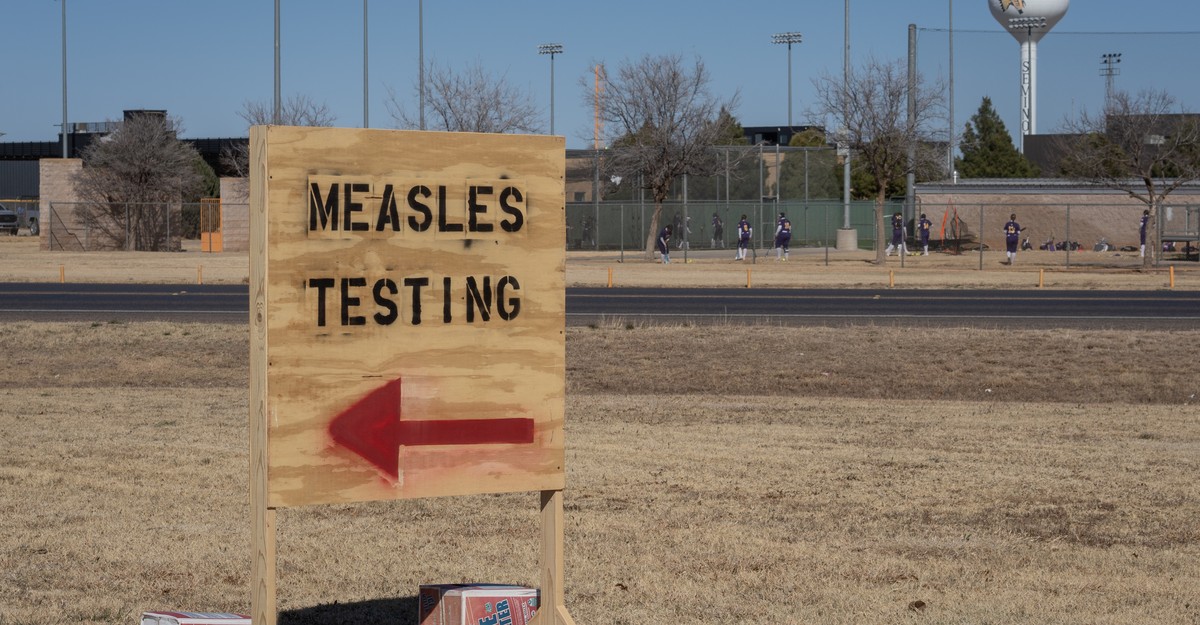Unraveling the Unprecedented: The Distinctive Nature of Today’s Measles Outbreak
The current measles outbreak has raised alarms worldwide, prompting urgent discussions about public health and vaccination strategies. What makes today’s situation so distinctive compared to previous outbreaks? In this article, we’ll delve into the unique factors contributing to this resurgence, explore its implications for communities, and highlight the crucial role of vaccination in combating this highly contagious disease.
Understanding Measles: A Brief Overview
Before we explore the current outbreak, let’s review what measles is. Measles is a viral infection characterized by high fever, cough, runny nose, and a distinctive red rash. It spreads through respiratory droplets and can remain infectious in the air for up to two hours after an infected person leaves the room. This high level of contagiousness—a single infected person can spread the virus to 12 to 18 people—makes measles particularly concerning, especially in communities with low vaccination rates.
The Current Measles Outbreak: Key Factors
The distinctive nature of today’s measles outbreak can be attributed to several intertwined factors:
- Vaccine Hesitancy: One of the most significant contributors to the resurgence of measles is vaccine hesitancy. Misinformation about vaccine safety and efficacy has led to a decline in vaccination rates in various regions. Parents opting out of vaccination for their children increases the risk of outbreaks.
- Global Travel: Increased international travel has facilitated the spread of the virus across borders. Infected individuals can easily carry measles to areas with lower immunity, exacerbating local outbreaks.
- Underfunded Health Systems: In many countries, public health systems are underfunded and ill-prepared to handle outbreaks. Limited resources can hinder vaccination campaigns and outbreak responses.
- Social Media Influence: The rapid spread of misinformation on social media platforms has played a crucial role in shaping public perception and attitudes toward vaccines, often leading to increased reluctance to vaccinate.
Implications for Public Health
The resurgence of measles poses serious implications for public health:
- Strain on Healthcare Systems: An increase in measles cases can overwhelm healthcare systems, diverting resources from other essential services and leading to increased hospitalizations.
- Increased Mortality Rates: Although measles is preventable through vaccination, complications can lead to severe health issues and even death, particularly among vulnerable populations such as infants and those with weakened immune systems.
- Impact on Routine Vaccination: Outbreaks can lead to a decline in routine vaccinations as healthcare providers become focused on outbreak management, further exacerbating the problem.
Why This Outbreak Stands Apart
Today’s measles outbreak is unique not only because of the scale and speed of its spread but also due to the widespread availability of effective vaccines. Unlike previous outbreaks where vaccines were not yet developed or widely distributed, we now have tools to combat measles effectively. However, the paradox lies in the fact that these tools are underutilized due to public skepticism.
Furthermore, the response to this outbreak has been complicated by the global COVID-19 pandemic. Resources that would typically be allocated for measles vaccination campaigns have been redirected to address COVID-19, leading to delays and disruptions in routine immunization schedules. Many health agencies have reported that the pandemic has led to a significant drop in vaccination rates worldwide, which has a direct correlation with the current measles outbreak.
Community Responses and Vigilance
Communities play a crucial role in controlling the spread of measles. Here are some steps being taken:
- Community Education: Local health departments are ramping up educational campaigns to inform the public about the importance of vaccination and dispelling myths surrounding vaccine safety.
- Outreach Programs: Mobile vaccination clinics and outreach programs are being designed to reach underserved communities, ensuring that vulnerable populations have access to vaccines.
- Collaboration with Social Media Platforms: Efforts are being made to partner with social media companies to combat misinformation and promote accurate health information.
The Role of Vaccination
Vaccination remains the most effective method to prevent measles. The measles-mumps-rubella (MMR) vaccine is safe and effective, providing long-lasting immunity. Here’s why vaccination is crucial:
- Herd Immunity: To prevent outbreaks, a community must achieve a vaccination rate of approximately 95%. This level of herd immunity helps protect those who cannot be vaccinated, such as infants or individuals with certain medical conditions.
- Long-term Health Benefits: Vaccination not only protects individuals but also leads to long-term health benefits for communities, reducing the burden of disease.
- Cost-Effective: Preventing measles through vaccination is far more cost-effective than treating outbreaks, which can drain public health resources.
Looking Ahead: Optimism and Action
While the current measles outbreak is concerning, it’s crucial to remain optimistic. Increased awareness, community involvement, and robust vaccination strategies can help turn the tide. Health organizations, governments, and communities must work collaboratively to enhance vaccination coverage and combat misinformation.
In conclusion, today’s measles outbreak is unprecedented due to a confluence of factors including vaccine hesitancy, global travel, and the disruptions caused by the COVID-19 pandemic. However, by focusing on education, vaccination, and community engagement, we can mitigate the impact of this outbreak and prevent future incidents. Together, we can ensure that measles becomes a distant memory rather than a recurring threat to public health.
See more WebMD Network



